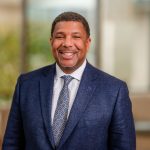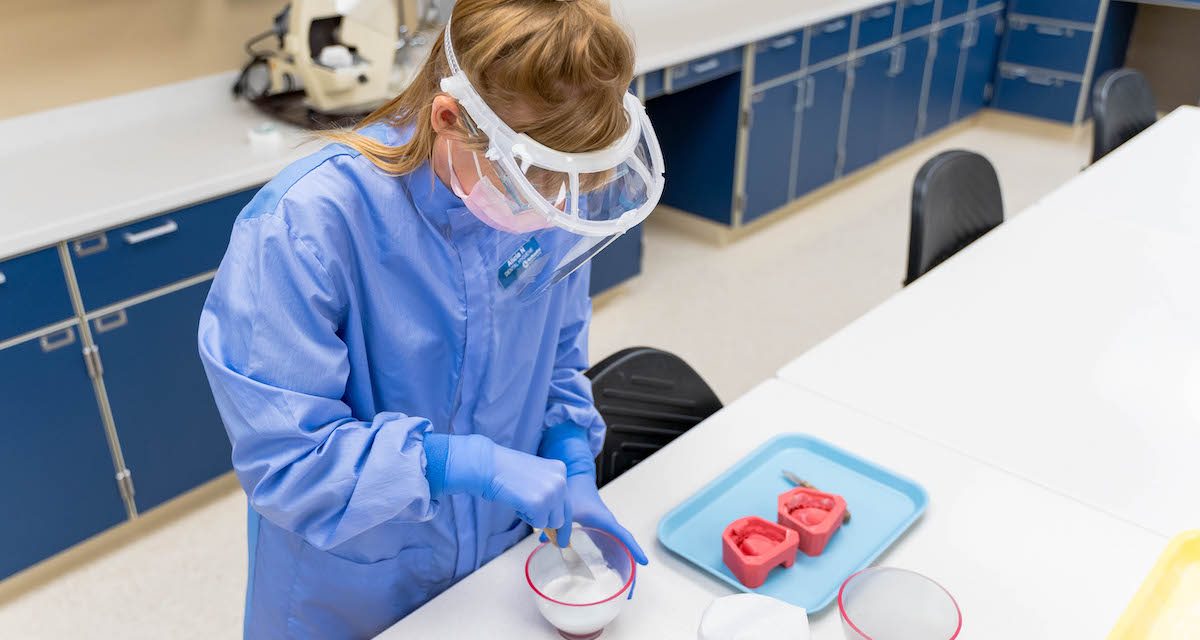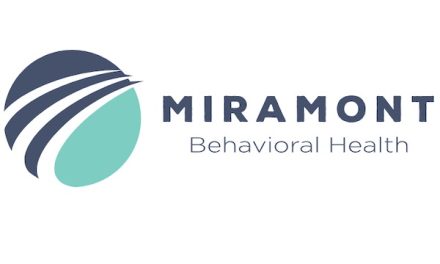
Wisconsin’s first dental therapy program plans to submit accreditation plan by July

Photo courtesy of Northcentral Technical College.
Work is underway to establish Wisconsin’s first dental therapy program.
Gov. Tony Evers last month signed into law a bill that will bring the mid-level dental care provider to Wisconsin. Dental therapists, who are similar to physician assistants, provide preventive and restorative services. They’ll limit their practice to dental shortage areas and specific settings.
Evers also approved a separate measure allowing the state’s technical college system to submit a plan for legislative approval on how to spend $20 million on oral healthcare workforce initiatives.
Part of that funding will head toward creating a dental therapy program at Northcentral Technical College in Wausau. The campus hopes to welcome its first dozen students in fall 2025, depending on how the accreditation process goes.
“It is a huge undertaking,” said Deb Koziel, the college’s dental hygiene program director. “We have a really large responsibility because it is the first in the state. But we’re excited about it, we’re honored that we have been selected and we know we’re up for the task.”
Laura Ahonen, associate dean of allied health and human services, said the need is there.
“There’s a two-year waiting list right now to take Medicaid patients at dental clinics that take Medicaid patients,” she said. “Dental health is so important to overall health. To be able to be part of the solution for the underinsured or for the patients that have limited access, that’s something to be proud of.”
Koziel and Ahonen recently spoke to Wisconsin Health News.
Edited excerpts are below.
WHN: Why is Northcentral Technical College pursuing this program?
Koziel: We try to be trendsetters, as far as being on the cutting edge. We realized that there’s a need. We wanted to be actively involved. We realized that this was going to have a large impact on our community, as well as the state of Wisconsin. It was our intent that anytime that this particular opportunity arose that we were going to be involved as much as we possibly could.
WHN: Where does the program stand?
Ahonen: We’re on track with developing the program, from the physical building addition and building remodel to hiring and curriculum. We’re on track with our accrediting body. Right now, our accrediting body is the Commission on Dental Accreditation, CODA. CODA requires us to submit an application that includes our building facilities’ specs, the curriculum, who our faculty will be and who we will have to teach the program. Our plan is that we will submit that plan to CODA by July 1.
WHN: What types of capital projects are you undertaking?
Koziel: We actually have a dental hygiene and a dental assistant program currently. We are going to be expanding our clinic. We have two different projects that are going to be going on. One will be a renovation, and one will be an expansion.
We’re going to be adding on eight additional operatories into our clinic environment. We’re doing a completely different layout of our locker room to accommodate the additional students. We’ll also be starting an (expanded function dental auxiliary) program at the same time. So we’re going to be having those additional students as well. We’re going to be making some modifications in our lab area to meet the needs.
When the dental therapy students are first starting to learn, they’re going to be working on a simulator or a mannequin type of a setup. So we need to have space big enough for those simulators as well for their first year, while they’re learning the skill. Once they perfect it, then they can of course move on to clinical patients, but they need a good stronghold. So we have to find a space that’s going to accommodate these particular simulators. Being that we’re going to have 12 students, we need to have a lab space created for that. So we’re looking at creative opportunities within our current health science building as well for that particular unit.
WHN: How are you recruiting faculty?
Ahonen: CODA actually sets the requirements for faculty, and a dental therapist needs to be trained at that same level as a dentist. If you imagine a dentist can do 100 things, a dental therapist can maybe do 70 of those things. But whatever they can do, they have to be trained at the same level as a dentist is trained. So CODA requires then that our faculty are at that level. We need a dentist to be our program director. Anybody else teaching in the program has to be trained to that level. So you could have a dental therapist. But, because we don’t have any dental therapy programs in the state, we anticipate that our first hire would be a dentist to help us get the program off the ground.
WHN: Are other colleges looking to start programs?
Ahonen: There’s a lot on our shoulders to get our program off the ground because I’m sure that we will then be assisting other colleges. The Wisconsin Technical College System likes, if possible, to have what we call statewide curriculum. So if we offer a certain type of program, a student can get that same experience at any of the 16 technical colleges that offer it. We know that we will be the first one. Then once we are completed and we are up and running with students, other colleges can then start.
This article first appeared in the Wisconsin Health News daily email newsletter. Sign up for your free trial here.





